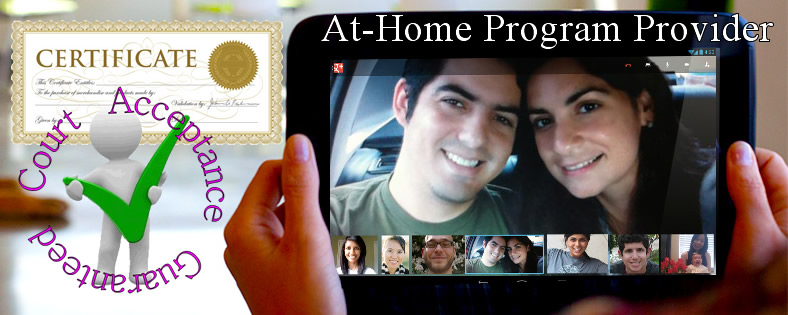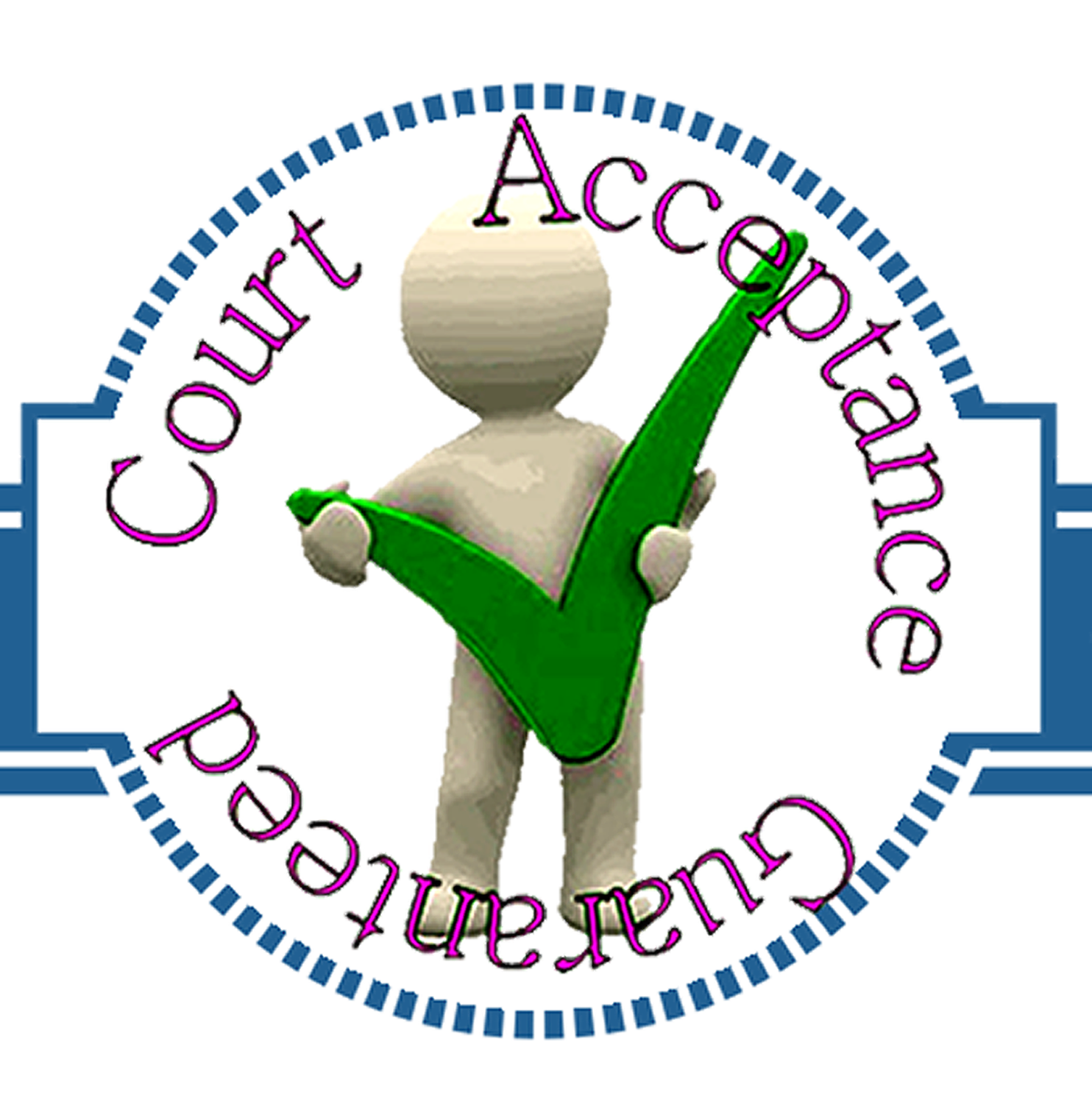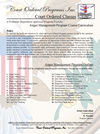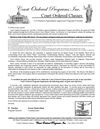Co-Parenting classes are courses taken by parents to assist them in the care of their children. Some courses may be required by court systems due to abuse or neglect, while other parents feel like they need assistance in a particular area. It may not be that they are bad parents -- they just need to learn alternative methods of care giving. These courses are for the benefit of the child and can only make parents more involved, disciplined and focused on what is best for their families.
Divorce, most often, creates or complicates problems for parents and children. Parents are faced with the difficulties of handling their own physical, emotional, social and financial needs while, at the same time, helping their children adjust to the changes in their life. Some parents fail to recognize just how significant and upsetting these changes may be for children. Yet, it is possible to focus on positive adjustment to divorce. Positive adjustment involves being relatively free of signs and symptoms of physical or mental illness; being able to function adequately in the daily role responsibilities of home, family, work, and leisure; and having developed an independent identity that is not tied to martial status or the ex-spouse.
Co-Parenting education programs are being developed around the country to help parents assist their children through communication, discipline and proper boundaries. There are a 500 + such programs operating in the United States, some of these programs offer on-line courses, which meet the court approved national standard. These programs vary in course length, cost, skills-based and information-based, but, all of which focus on reducing a child�s anxiety, depression, and behavioral problems; recognizing parental conflict and how conflict impacts a child�s development; communicating effectively; responding appropriately to children�s divorce related concerns; and changing long-term roles from ex-spouses to co-parenting relationships. Divorce education programs according to research are more effective when a children�s component has been included in the curriculum. It is essential to address issues for both the children and the parents.
COURT REVIEWS
If this was a court order, in over half the students it is not, many of United States judicial circuits have some form of Parenting Education that is mandated by the local circuit courts. During the Co-Parenting progress report hearings, if any, there is sincere interchange between the Court and respondent. Good progress is always positively reinforced directly by the Court. Poor performance is negatively reinforced in various ways, ranging from verbal admonishment to incarceration. Progress report materials for the Court�s consideration include written reports from the treatment providers and written reports from the probation officer.
Once again, Court Ordered Classes, upon participant request can provide the Probation Officer, along with the Court, Proof of Enrollment and Progress Reports for all of our enrolled parenting, co-parenting or high-conflict parenting class participants.









